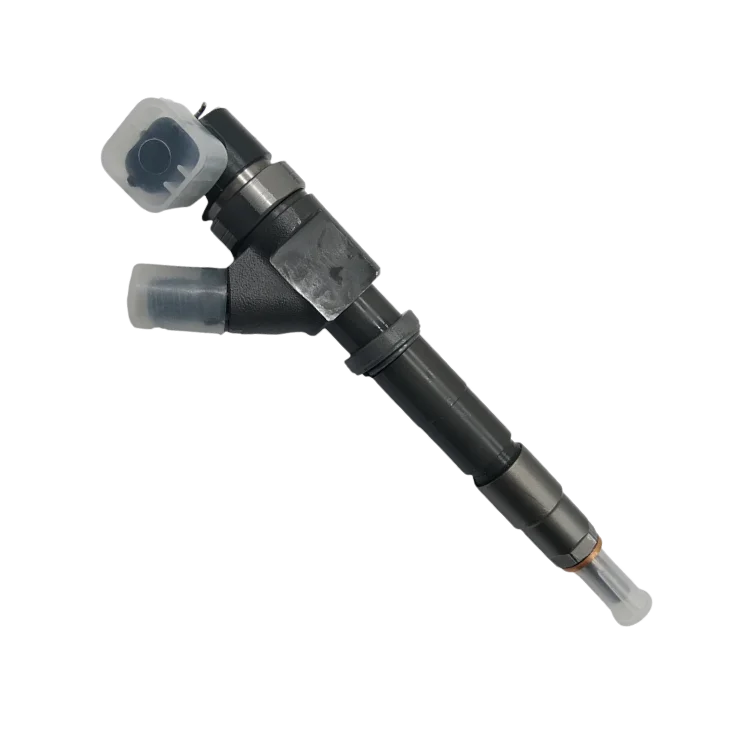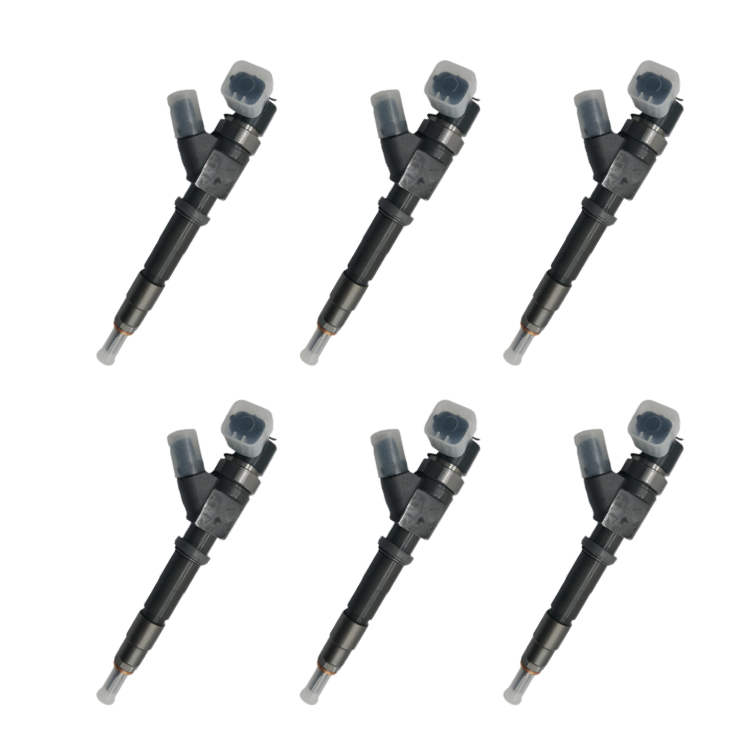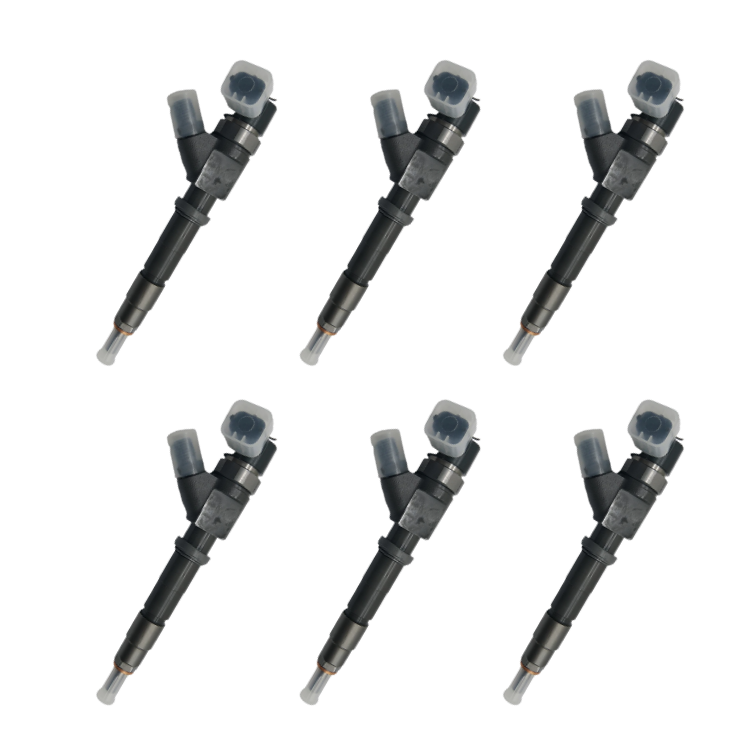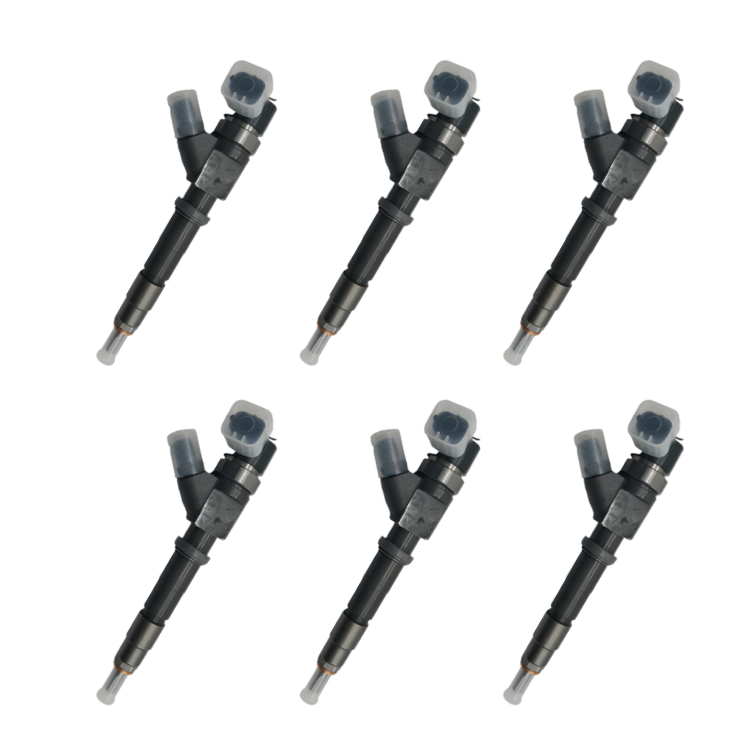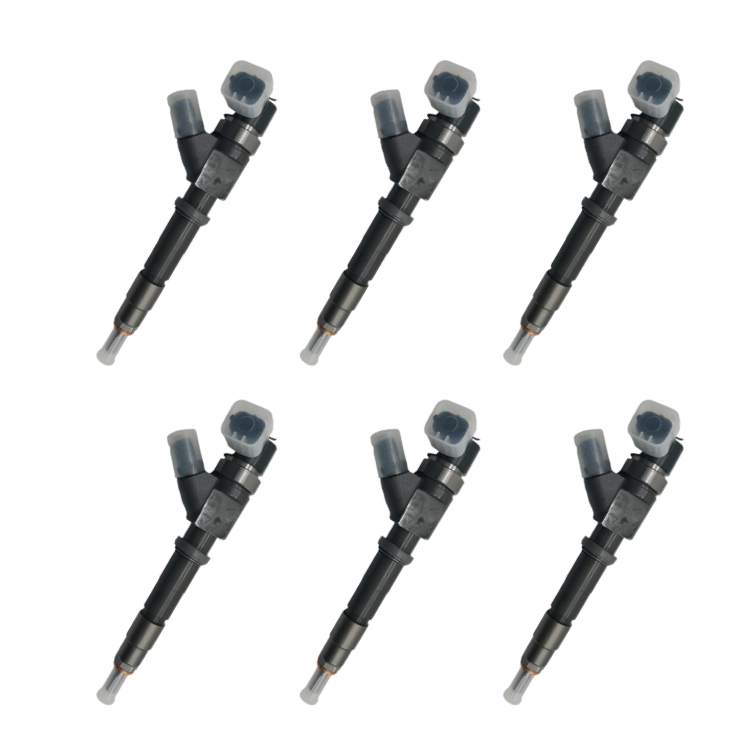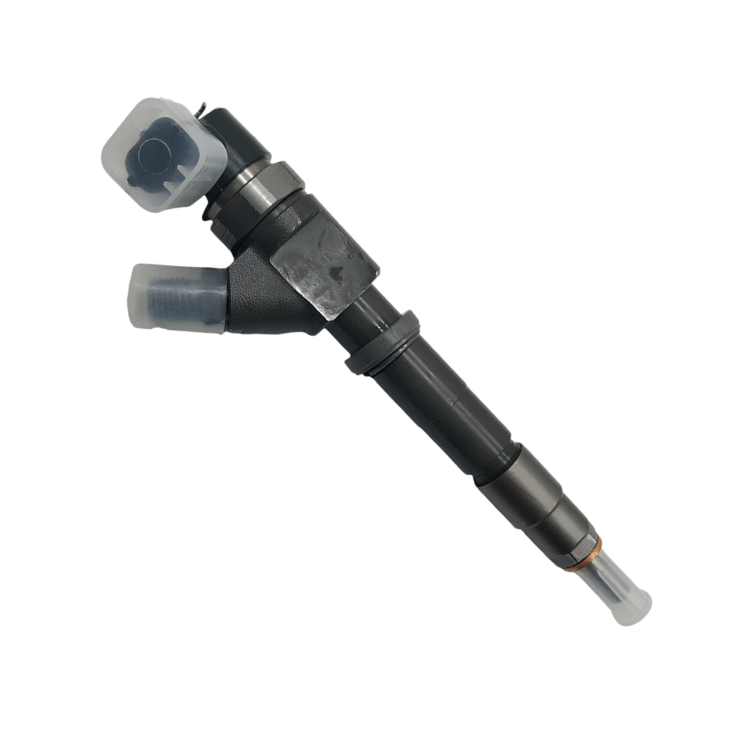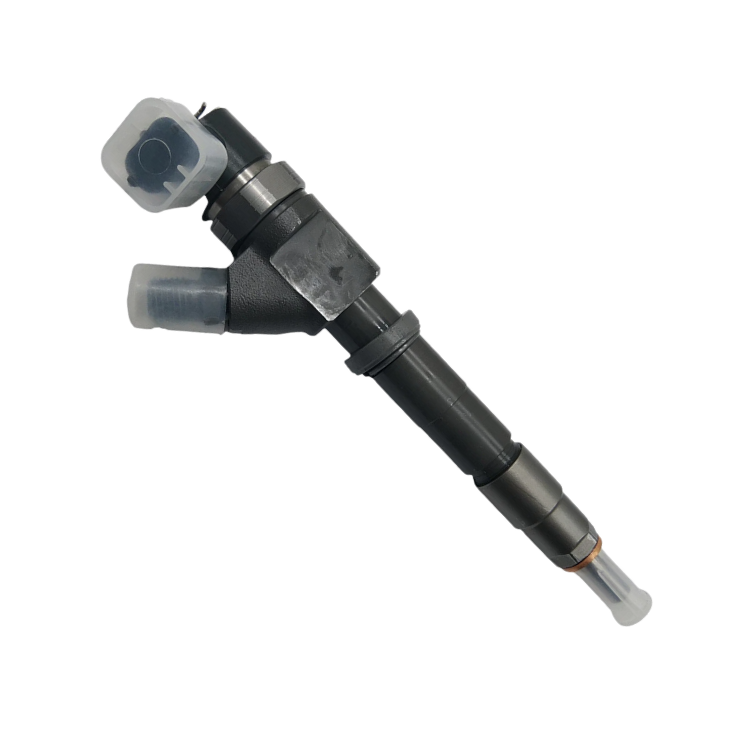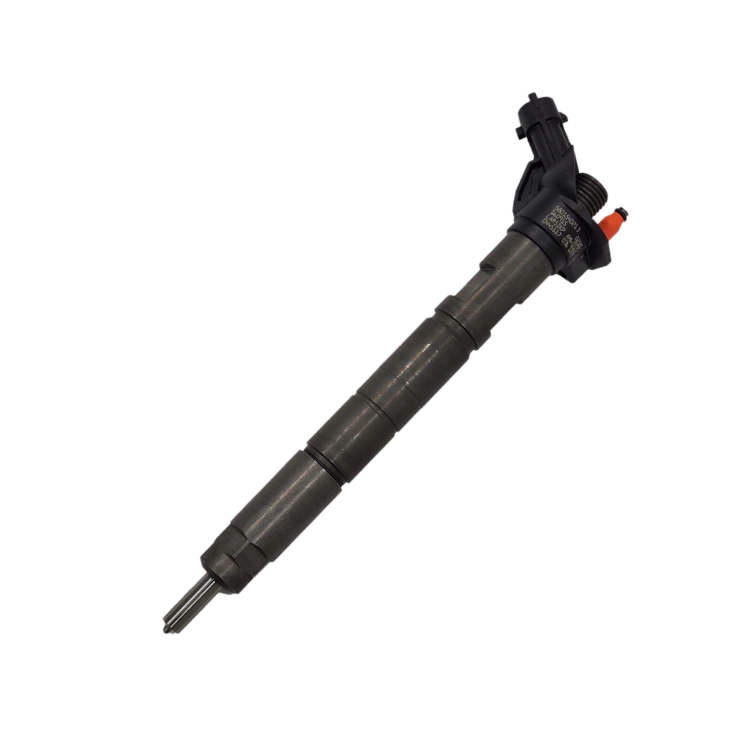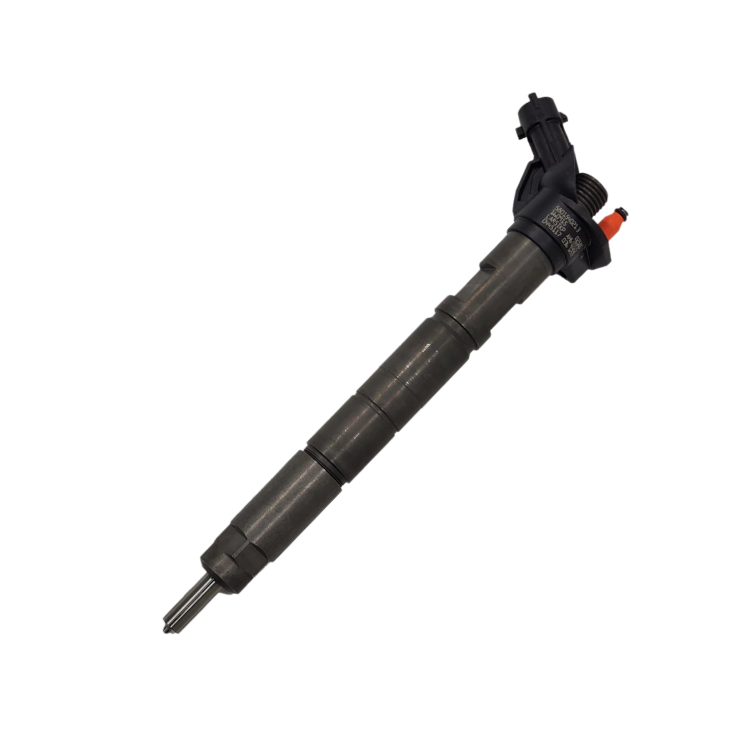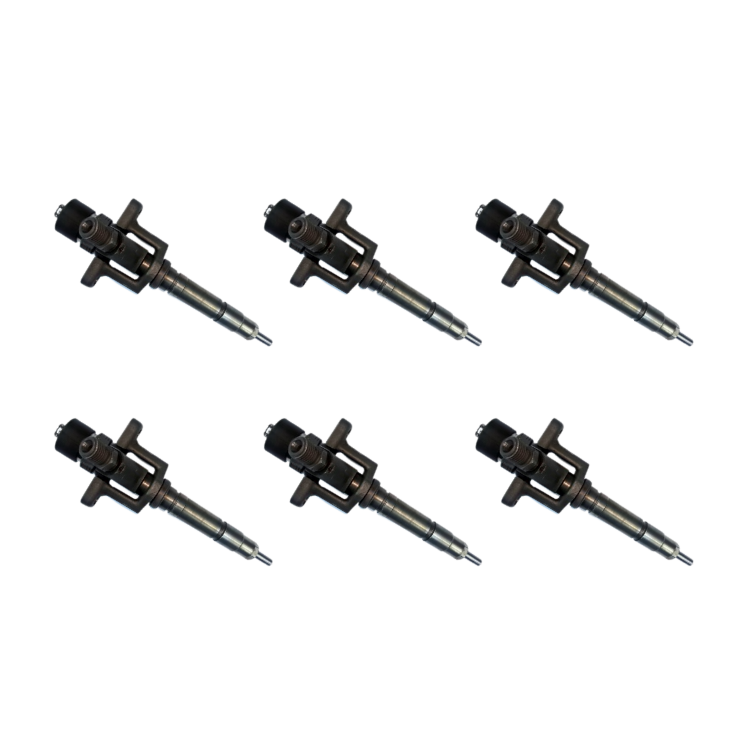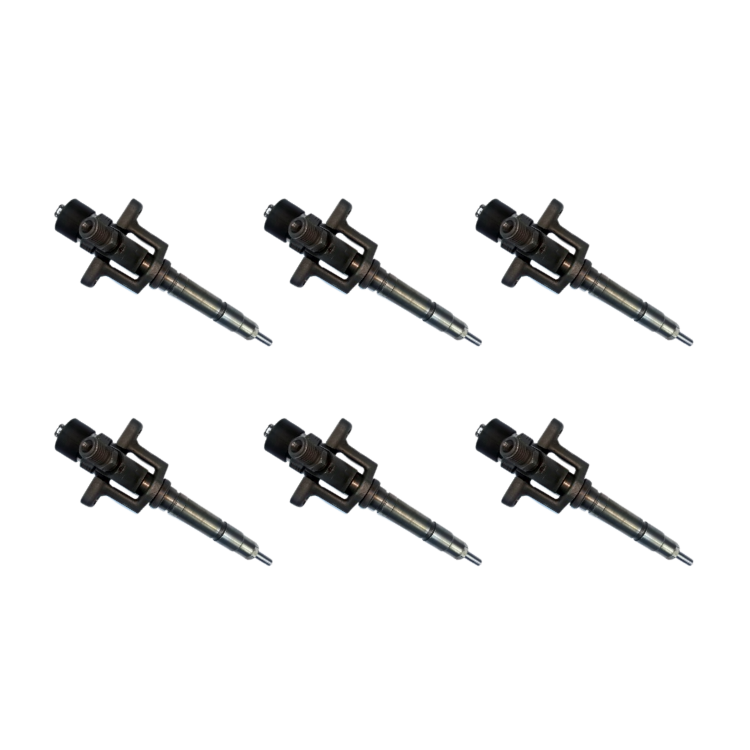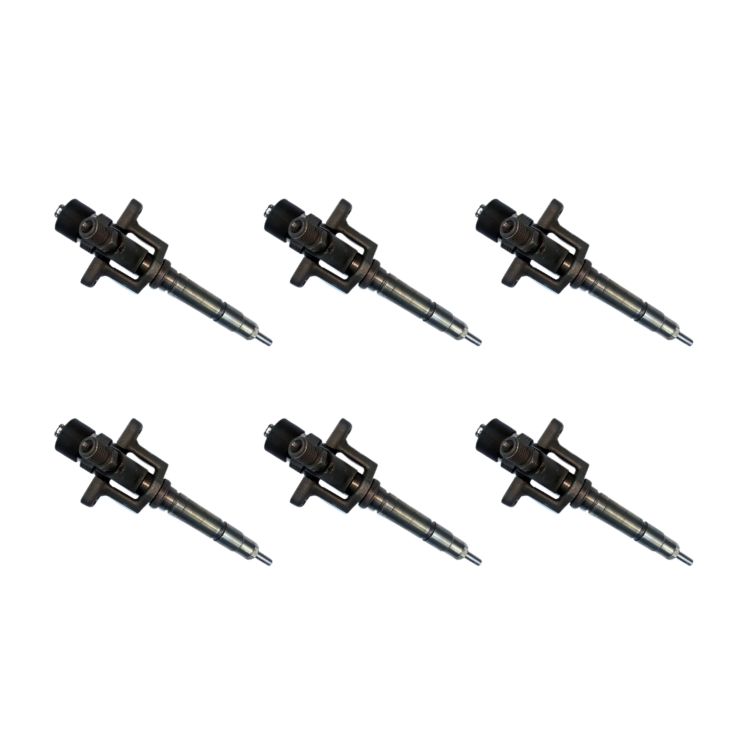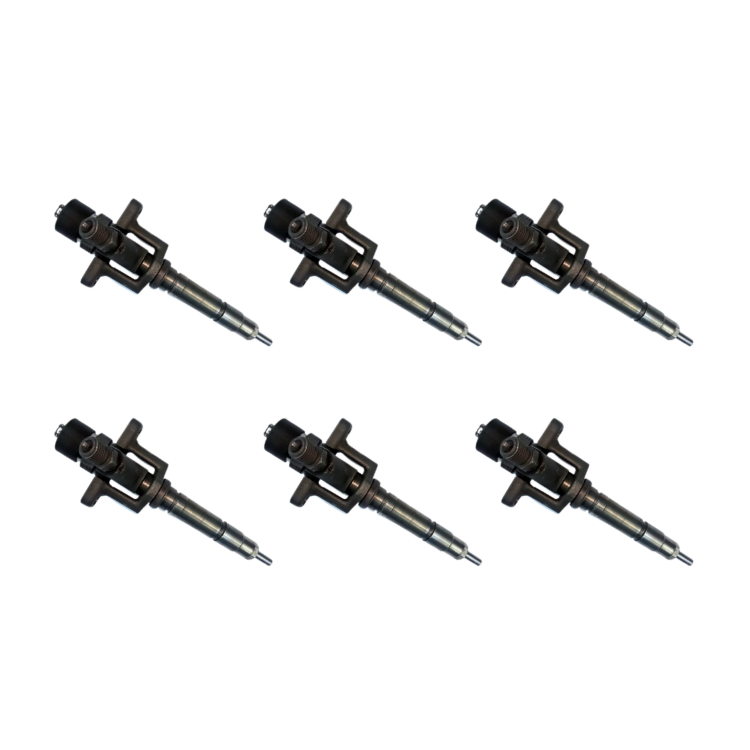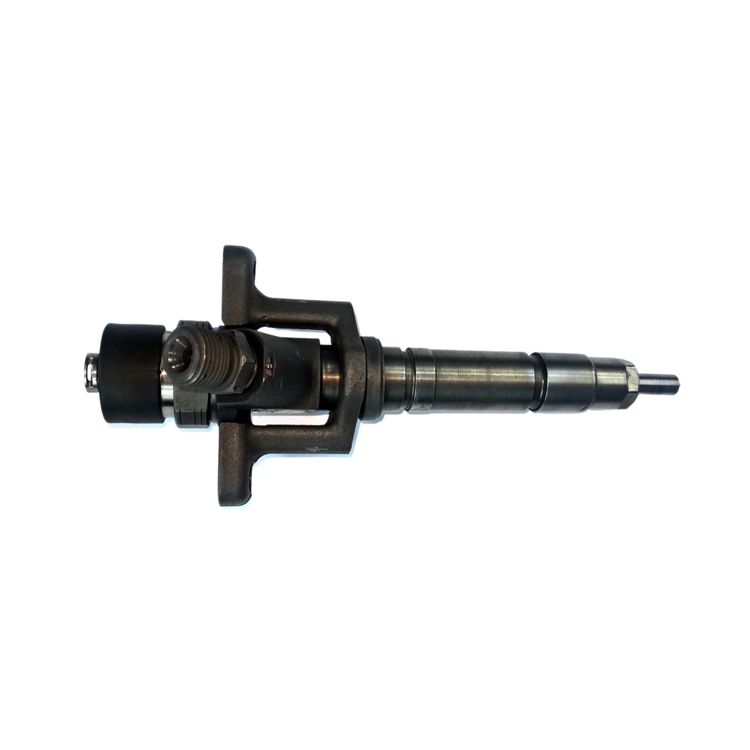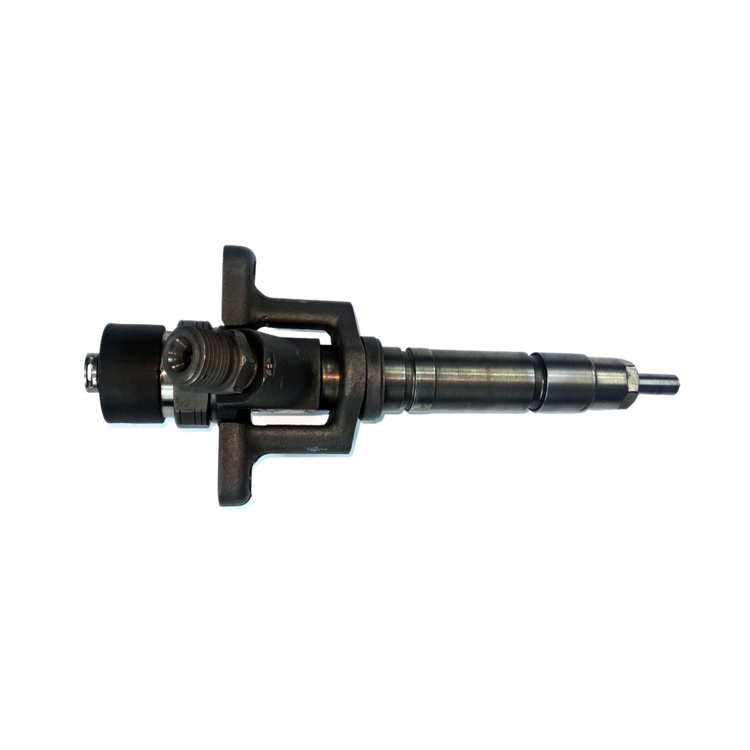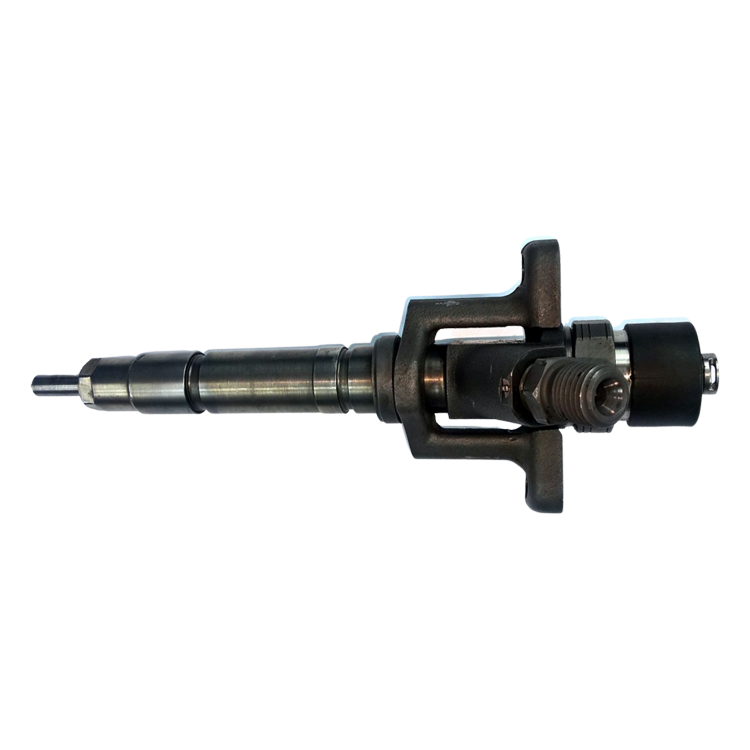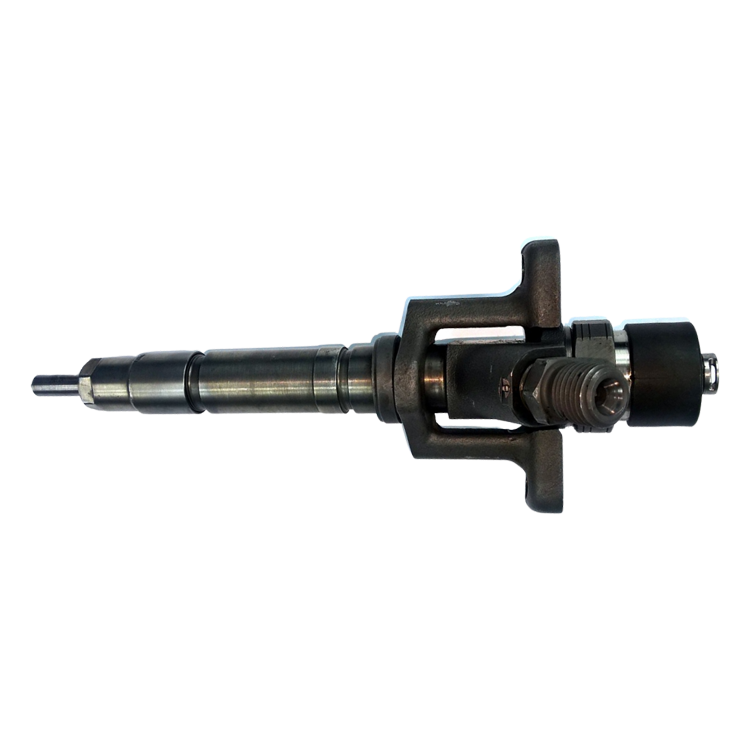A faulty fuel injector might not stop your engine from running, but it can create several issues that make continued driving risky and inefficient. Fuel injectors play a key role in delivering the correct amount of fuel into the combustion chamber. When one fails, it can throw off the engine’s entire operation, leading to poor drivability, increased emissions, and long-term damage if ignored.
What Happens When You Drive with a Faulty Fuel Injector
-
Rough Idling and Misfires
A bad injector may cause one or more cylinders to misfire, which results in a rough or shaky idle and uneven acceleration. -
Reduced Fuel Efficiency
Faulty injectors often lead to poor fuel atomization or leaking, causing the engine to run rich or lean and wasting fuel. -
Increased Emissions
Unburned fuel due to incomplete combustion can increase hydrocarbon emissions and cause your vehicle to fail emissions tests. -
Engine Knock or Damage
Prolonged misfiring from injector issues can lead to detonation, which may damage pistons, valves, or the catalytic converter. -
Illuminated Check Engine Light
A malfunctioning injector often triggers the check engine light, which should be diagnosed promptly with an OBD-II scanner. -
Potential Engine Shutdown
In severe cases, continued driving may cause the engine to stall or shut down unexpectedly, creating safety hazards.
While your vehicle may technically still run with a faulty fuel injector, it’s not recommended to drive for extended periods without addressing the issue. What starts as a minor inconvenience can quickly escalate into serious engine problems or costly repairs. If you notice symptoms like rough idling, reduced power, or poor fuel economy, it's best to have your injectors inspected and repaired as soon as possible.





